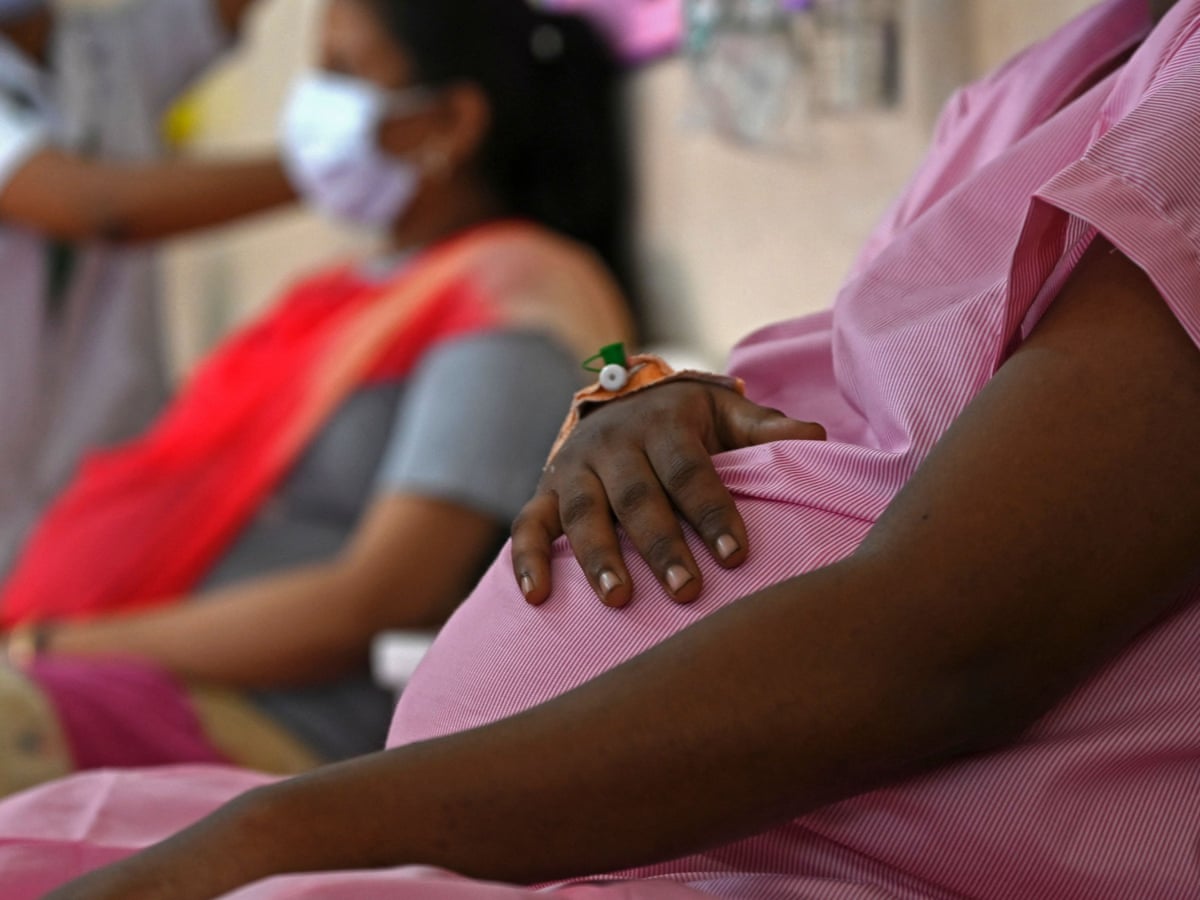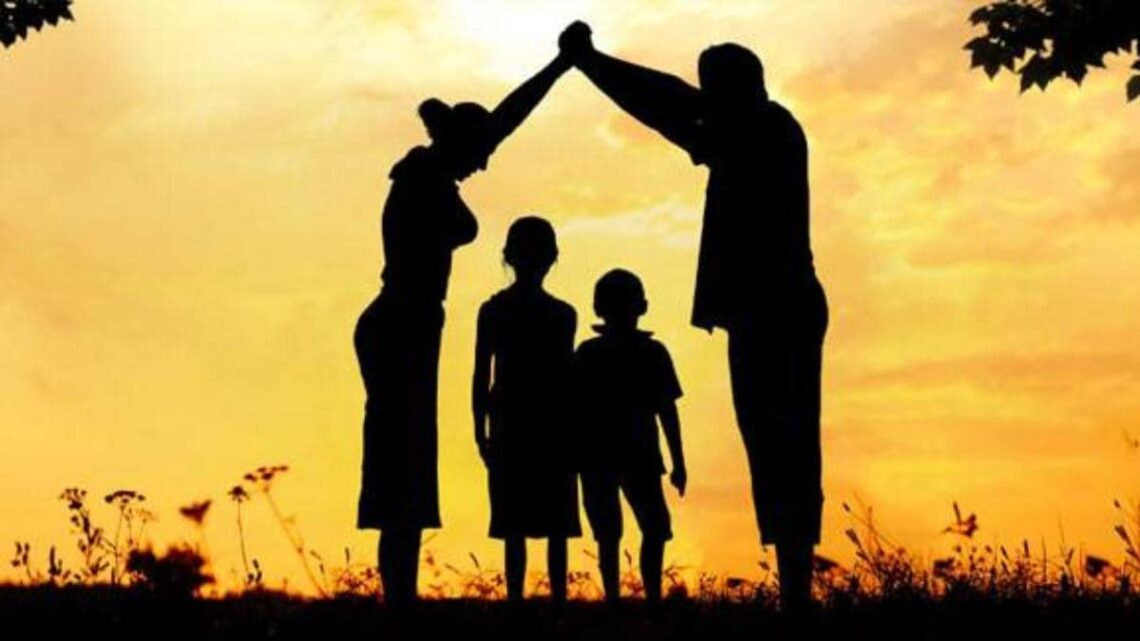The issue of India’s population is once again in the limelight. A new law has become an issue of controversy in politics.
The population control bill for 2 child policy drafted by the UP law commission has again brought forward the need for population control in the country.
It has become the main issue of debate among politicians before the upcoming UP election and a new topic on social media.
The opposition has claimed that the time of presenting the bill before the upcoming elections is an election tactic.
While the government and its supporters state that several other states have a 2-child policy and even the central government propagates the campaign for family planning and 2 child concept.
On the religious aspect, some people view it as a way to discriminate and target Muslims and others allege it unnecessary.
The bill is at the center of attention in the politics and legislation process. At the same time, it has also restarted the debate over the need for laws on population control in various parts of the country.

What is the UP law commission’s bill on population control and the 2-child policy?
According to the bill, people who have more than 2 children will not be eligible for contesting in local body elections and recruitment in government jobs of Uttar Pradesh.
It also proposes to restrict those already in government jobs or local bodies from privileges of 77 schemes and excluding them from promotions.
Even public suggestions were welcomed till July 19 over the bill in the drafting stage. Furthermore, people with more than 2-child will be disentitled from receiving any concessions, subsidies, incentives, or any kind of deductions in taxes.
While proposals for incentives and benefits in government jobs to people with one child are included. There will be increments, promotions, and concessions for housing purposes.
While people not in government service will get incentives, deductions in taxes for water and housing, or even home loans. According to a proposal, if a parent with a single child will go for vasectomy they will get more incentives.
A proposal to give the child of that parent, free medical facilities till he/she gets 20 years old, free education, insurance benefits, and a priority in government jobs is made.

What are the pollution control policies in other states of the country?
Many other states in India have a limit of 2 children for the prospects into particular government jobs and some posts are filled through elections.
In Rajasthan, people with more than 2 children are not accepted for hiring in government jobs. Even the Panchayat Raj act of Rajasthan states that people with more than 2 children cannot contest for the post of panch or a member of the panchayat. But, this norm is not valid if the child is differently abled.
The 2-child policy was created in Madhya Pradesh in 2001. In the civil service norms of the state, if their third child is born after 26 January 2001 then the person will not be recruited in government services. The same rule is made for recruitment in higher judicial services.
Even in Maharashtra, people with more than 2 children can’t contest local body elections. Even the civil services norm restricts the person with more than 2 children as ineligible for hiring in government services. Women with more than 2 children don’t get the concessions in the public distribution system.
The same types of policies and norms are made in Gujarat, Andhra Pradesh, Odisha, Telangana, and Uttarakhand. Even in Assam the BJP placed a similar policy barring people with more than 2 children in government jobs from 2021.
In the case of the women’s code bill, the law reforms commission headed by Former SC judge VK Krishna Iyer placed certain provisions of the 2- child policy.
It restricted the number of a family to 2 and protests against it would have been treated as a penalty. Later, it wasn’t turned into a law.
India does not have any national or central law for population control or any limit on having a certain number of children.
But, several times petitions have been made in the Supreme Court to make the central government devise a national policy for the 2- child norm.

Is the 2-child policy important or not?
The increasing population in a country with the second-largest population in the world is a serious problem. But, some figures show that the population trend has been decreasing in many states including Uttar Pradesh.
Nearly 18 states have attained below replacement total fertility rate. It is derived that the rate of population in the country is expected to be stable for some time.
While the policy can have some negative effects in the future. Even China adopted a one-child policy. But, it was discontinued after a large number of aged people fell in the dependents category and an inadequate number of people with working-age imbalancing the development of the country. The policy can also increase unsafe abortions.

On the other hand, the pandemic like covid-19 has put the high population issue as a barrier to fight against covid-19. India is a developing country and the population has put up pressure on the available resources in the country.
The land is being deforested to meet the growing needs. The government can not ensure quality education and employment for the increasing population.
It is a threat to the health of a woman and the child. There are some compromises on childcare, increase in total waste, effect on capital income, etc.
Finally, a policy for population control is a good initiative but drastic steps should be implemented after complete discussions and research.
The 2-child policy bill is in the process of legislation. It will soon be finalized, presented in the legislative assembly, and then discussed before passing. This will decide whether it turns into a policy/law or not.
Also Read: Renaming Cities: An Attempt to Erase History












